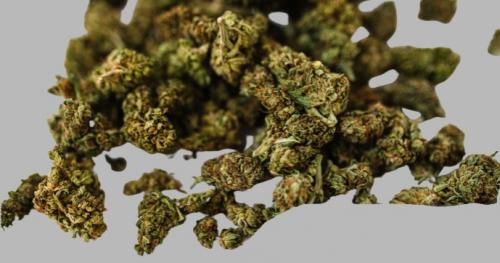How Medical Cannabis is Changing the Landscape of Pediatric Medicine

Medical cannabis, once controversial, is now gaining recognition for its therapeutic potential in pediatric care. This blog explores how cannabis-based treatments are reshaping pediatric medicine, offering new hope and challenges.
The Therapeutic Potential of Medical Cannabis
Medical cannabis contains compounds like THC and CBD, known for their medicinal properties. In pediatric medicine, CBD particularly shows promise for treating epilepsy, autism, and other neurological disorders. Studies suggest it can reduce seizure frequency and improve behavior.
Legal and Ethical Considerations
The use of medical cannabis in children raises legal and ethical questions. Many countries and states have legalized its medical use, but strict regulations exist to ensure safety and efficacy. Pediatricians face challenges in navigating these complexities while advocating for patient welfare.
Case Studies and Research Findings
Numerous case studies highlight the positive impacts of medical cannabis on pediatric patients. For example, children with severe epilepsy who were resistant to traditional treatments saw significant seizure reduction with CBD oil. Research continues to explore its potential benefits in managing chronic pain, anxiety, and even cancer symptoms in children.
Challenges in Implementation
Despite its potential, implementing medical cannabis in pediatric settings poses challenges. Dosing, long-term effects on brain development, and potential side effects require careful consideration. Healthcare providers must balance the benefits with risks, ensuring informed consent and monitoring closely.
Parental Perspectives and Advocacy
Parents of children with chronic conditions often turn to medical cannabis when conventional treatments fail. Their advocacy has driven research and policy changes, pushing for safe access and education. Understanding parental concerns and experiences is crucial in shaping future pediatric cannabis policies.
Healthcare Provider Education and Training
Education for healthcare providers is essential. Many pediatricians lack training in cannabinoid medicine, leading to uncertainty and reluctance to recommend it. Initiatives are underway to integrate cannabis education into medical school curricula and provide evidence-based guidelines for pediatric use.
Future Directions and Research
As acceptance grows, research into pediatric cannabis expands. Clinical trials are underway to validate its efficacy and safety across various pediatric conditions. Future studies may reveal new therapeutic applications and refine treatment protocols, paving the way for personalized medicine.
Conclusion
Medical cannabis is poised to revolutionize pediatric medicine, offering novel treatment options where conventional therapies fall short. While challenges persist, ongoing research and advocacy promise a brighter future for children living with chronic illnesses. By fostering collaboration between researchers, healthcare providers, and families, we can harness the potential of medical cannabis responsibly and ethically.










Comments